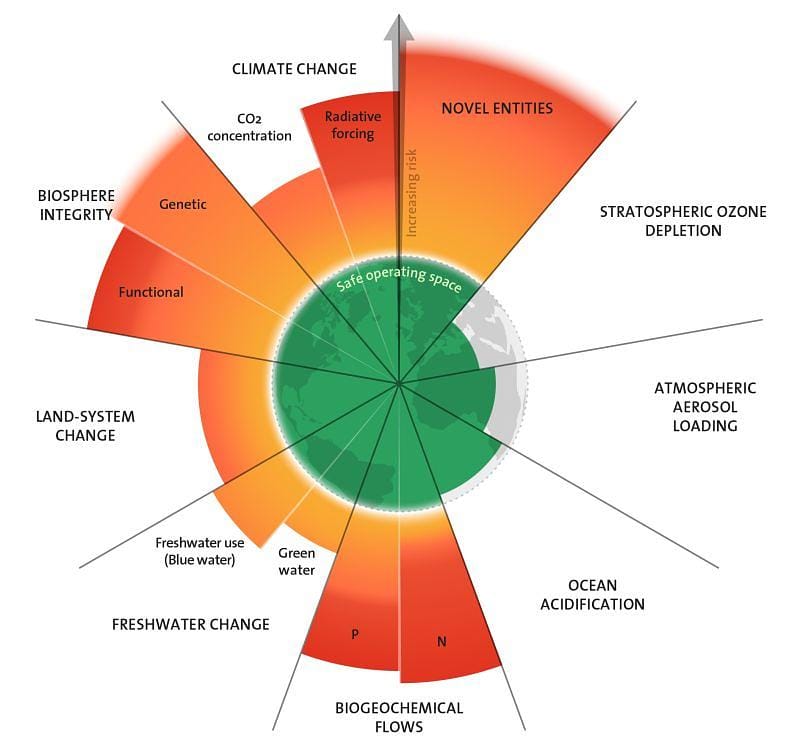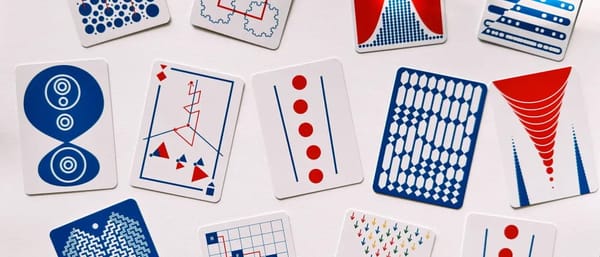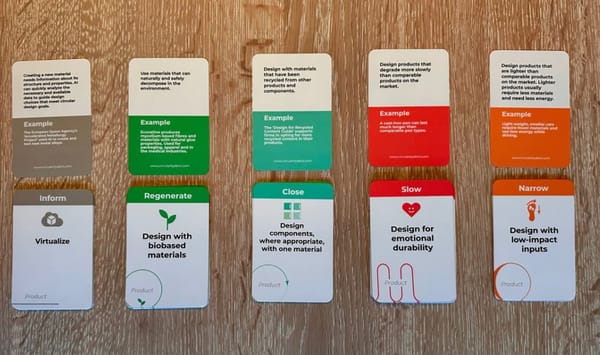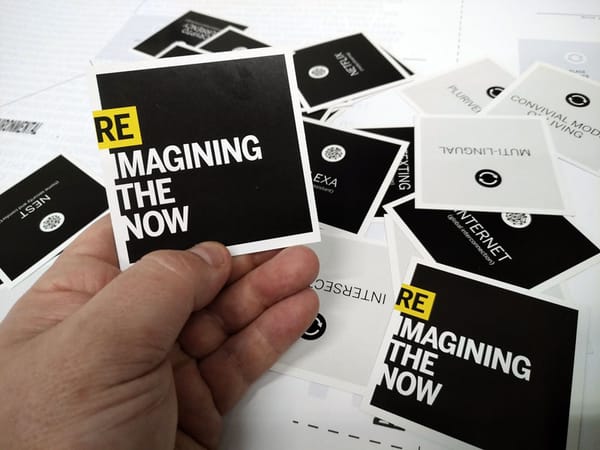№ 56 | Seven Bad Meetings, Ensh*ttification, Video Games c.1947-1953, Spaceship Earth, Bias in Machine Learning, and Obliquiscopes

The Seven Meetings You Hate
You might have seen a pattern from me: Whenever someone has done to work to identify and classify some topic, I sense that we're well on the way toward turning that complex topic into a game, of sorts. Ideas have been organized. Labels and definitions could become cards. Or parts and pieces. Or ways to gain/lose points. Scorecards. You get the idea.
Anyway…
Here's a really crisp articulation of The Seven Meetings You Hate, from Michael Loop (Rands in Repose). Aside from nodding my head vigorously, I'm wondering how we could turn this into a game… 🤔
“An Audacious Plan to Halt the Internet's Ensh*ttification”
If you haven't been following Cory Doctorow, and the alarm bells he's being sounding about Big Tech (and adjacent topics!), here’s your chance to catch up. Aside from a scathing critique of all that's broken (and giving a nice label to all that we're sensing), he shares ways that we can work—and are working—to change things for the better.
The Origin of Video Games
I've been following Play History on Mastodon, where video game researcher, Ethan Johnson has been investigating the early origins of video games, long before Pong. Yes. You read that right. Here's his first episode, covering the period from 1947-1953.
Spaceship Earth… at Risk
the first few times I saw this, I thought it was the similar looking chart from Donut Economics. But, nope (though they are quite similar…?). This chart maps the planetary boundaries—nine processes that regulate the stability and resilience of the Earth system (aka: safe operating space for humanity)—and how we're doing. It's a more holistic/systems view of what we need to monitor to sustain life on Earth. And… things aren't looking good. Here's the (hopeful?) LI article that brought this to my attention, and the source of this, a paper, published in Science: “Earth beyond six of nine planetary boundaries.”

Spaceship Earth is a reference to Buckminster Fuller. But, I did hear one person describe our situation a bit like being on a spaceship, with 6 of 9 critical life-support systems flashing red alarms.
Imagine a spaceship where the instrument panel showed that 6 of 9 "spaceship boundaries" had been "breached" and most everyone on the ship just kept on with their day. The water running out light would be flashing and the temperature control alarm would be ringing and...
—Dr. Elizabeth Sawin✨ (@bethsawin@spore.social)
Bias in Machine Learning
We hear about bias in machine learning, and AI, but… it can be hard to know precisely what we should be looking out for. Here's a great—simple—visual, adapted by Per Axbom, to help us understand “the stages of machine learning where bias can, and often will, contribute to harm.” Per's post “Diagram: Bias in Machine Learning” explains the bias types and provides examples.

Let's end on something much lighter…
Obliquiscopes
This, from John V Willshire. “Obliquiscopes: setting aperture for reality.” I want one. 🤩

A random aside: Even though I'd seen earlier—paper versions—of this; somehow, the change of materials to plastic (?) left me no longer thinking of this as a card-based activity. Which, doesn't make sense logically. Cards can certainly be made of materials other than paper, but… 🤨
BONUS: Two, open source fonts: JetBrains Mono, a free and open source typeface for developers, and B612, a highly legible open source font family designed and tested to be used on aircraft cockpit screens.





